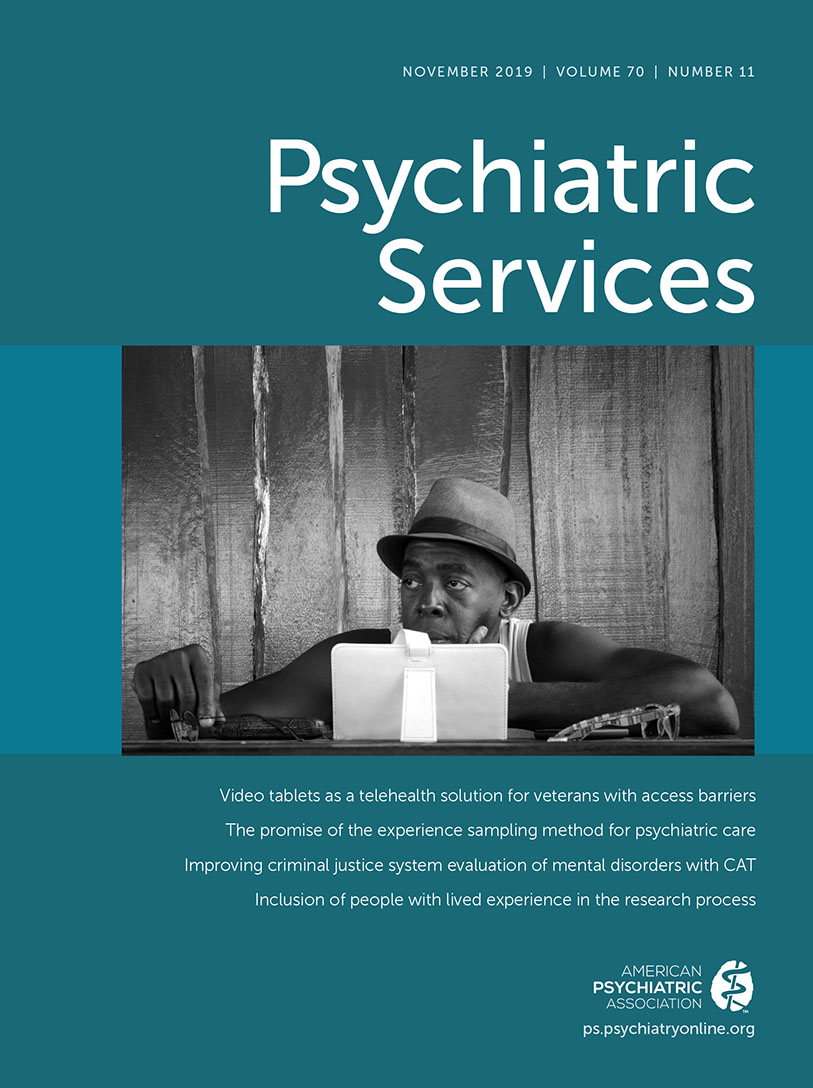Improving the Evaluation of Adult Mental Disorders in the Criminal Justice System With Computerized Adaptive Testing
Abstract
Objective:
The authors sought to develop and validate a suite of dimensional measures of psychiatric syndromes for use in a criminal justice population.
Methods:
The previously validated Computerized Adaptive Test–Mental Health (CAT-MH) was administered to a sample of 475 defendants in the Cook County Bond Court. Item-level data were used to determine which test items exhibited differential item functioning in this population compared with the population used for the original calibration.
Results:
After removal of nine items that exhibited differential item functioning from the CAT-MH, correlations between scores based on the original calibration from a nonjustice-involved population and the newly computed scores based on a sample of bond court defendants showed a correlation coefficient of r=0.96 to r=0.99.
Conclusions:
With a slight modification of the original CAT-MH, the tool was successfully used to measure severity of depression, anxiety, mania and/or hypomania, suicidality, and substance use disorder in an English- and Spanish-speaking criminal justice population.




